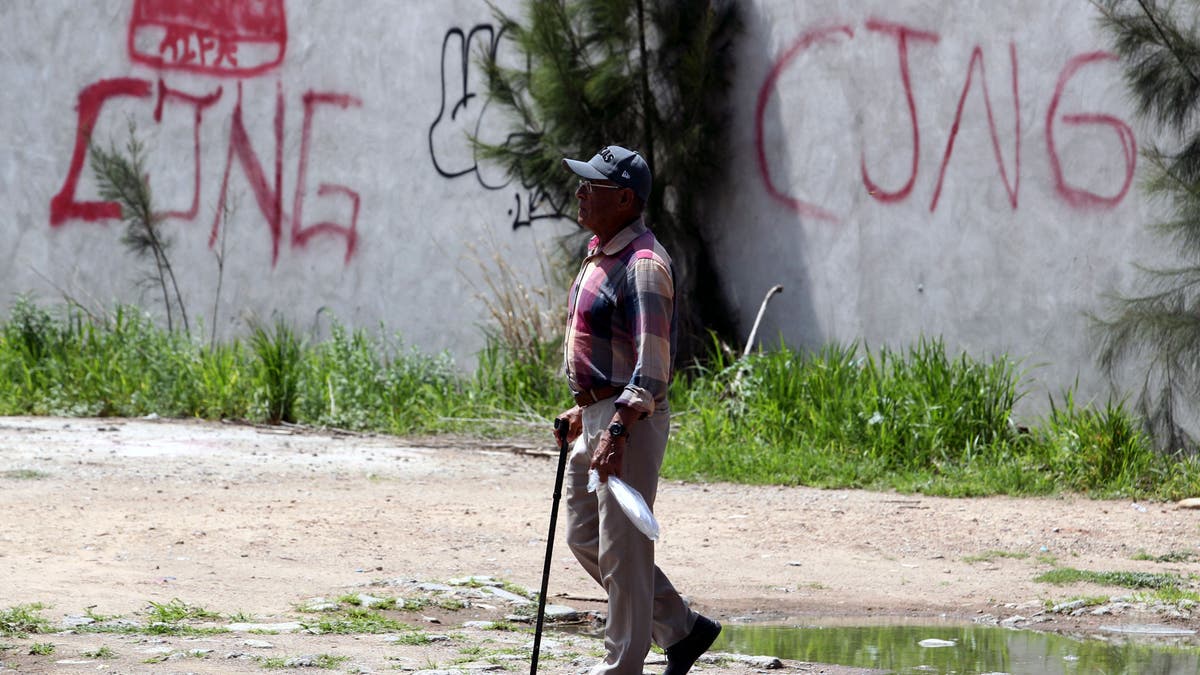Brutally violent Mexican cartel draining Americans’ life savings in complex scam
Share

A Mexican drug cartel known for gruesome public slaughtering drained $40 million from Americans, and stole many elderly victims’ life savings without a drop of blood in 2022, according to FBI stats.
It’s part of a rapidly evolving timeshare scam run by the Jalisco New Generation cartel (CJNG) that is becoming more intricate, and is now estimated to be stealing hundreds of millions from Americans each year.
It started as a small operation in the Puerto Vallarta area and expanded to popular tourist spots like Cancun, according to the U.S. Treasury, which issued sanctions against seven fugitives and 19 Mexican companies connected to the scam last April.
“CJNG uses extreme violence and intimidation to control the timeshare network, which often targets elder U.S. citizens and can defraud victims of their life savings,” Secretary of the Treasury Janet Yellen said in November. “The Treasury remains committed to the Administration’s whole-of-government effort, in coordination with our partners in Mexico, to disrupt CJNG’s revenue sources and ability to traffic deadly drugs like fentanyl.”

Aerial view of a beach in Cancun, Mexico, on March 28, 2020. (Elizabeth Ruiz/AFP via Getty Images)
The Courier Journal followed a decade-long journey through the cartel’s layered scheme that cost one man just shy of $1.8 million.
The initial lure was a healthy profit from his timeshare. After years of being scammed, the cartel came back with promises of reimbursement from a seemingly legitimate Mexican lawyer filing a class action lawsuit that kept the man hooked.
KIDNAPPING IN MEXICO USED TO BE A BUSINESS. NOW THERE’S ‘NO CODE’ CURBING RUTHLESSNESS: EXPERT
The callers, whom the news report noted spoke perfect, accent-free English, continued their ceaseless pursuit for decades, with years-long stretches of silence.
By the end of the situation involving just this one victim, there were 99 wire transfers, more than 150 people involved and at least 12 Mexican bank accounts, according to the Courier Journal.
“It’s almost like an addiction,” said Stephen, who asked the Louisville newspaper to only identify him by his first name because he didn’t want his employer to know. “I kept thinking the next person was going to help me get out of it.”

Mexican marines escort alleged traffickers past weapons and drugs seized from the cartel on June 9, 2011, in Mexico City. (Yuri Cortez/AFP via Getty Images)

The initials of the drug cartel “Jalisco Nueva Generacion” (CJNG) are seen in graffiti on a wall in Lagos de Moreno, Mexico, on Aug. 29, 2023. (Ulises Ruiz/AFP via Getty Images)
The cartel scams hit FBI’s radar
The FBI said in a March 2023 warning that owners of timeshares in Mexico are being targeted at an alarming rate.
In 2022, the bureau received over 600 complaints with losses of about $39.6 million in 2022 from victims contacted by scammers in Mexico.
The FBI did not immediately respond to Fox News Digital’s request for comment and updated information.
AMERICAN KIDNAPPED IN MEXICO, LEFT TO DIE IN JUNGLE WITH EYES, WRISTS TAPED

Americans with ties to timeshares in Cancun and other Mexican locations have been targeted by cartels. (iStock)
“The sales representatives often use high-pressure sales tactics to add a sense of urgency to the deal,” the FBI said. “Timeshare owners who agree to sell are told they must pay an upfront fee to cover anything from listing and advertising fees to closing costs.
“Once the fee is paid, timeshare owners report the company becomes evasive – calls go unanswered, numbers are disconnected, and websites are inaccessible, or the company creates additional fees that victims are required to pay before the real estate transaction becomes final.”
Years go by, and some victims – like in Stephen’s case, which was detailed in the Courier Journal’s report – the scammers act like they are from bogus recovery companies or lawyers dangling promises of restitution.








